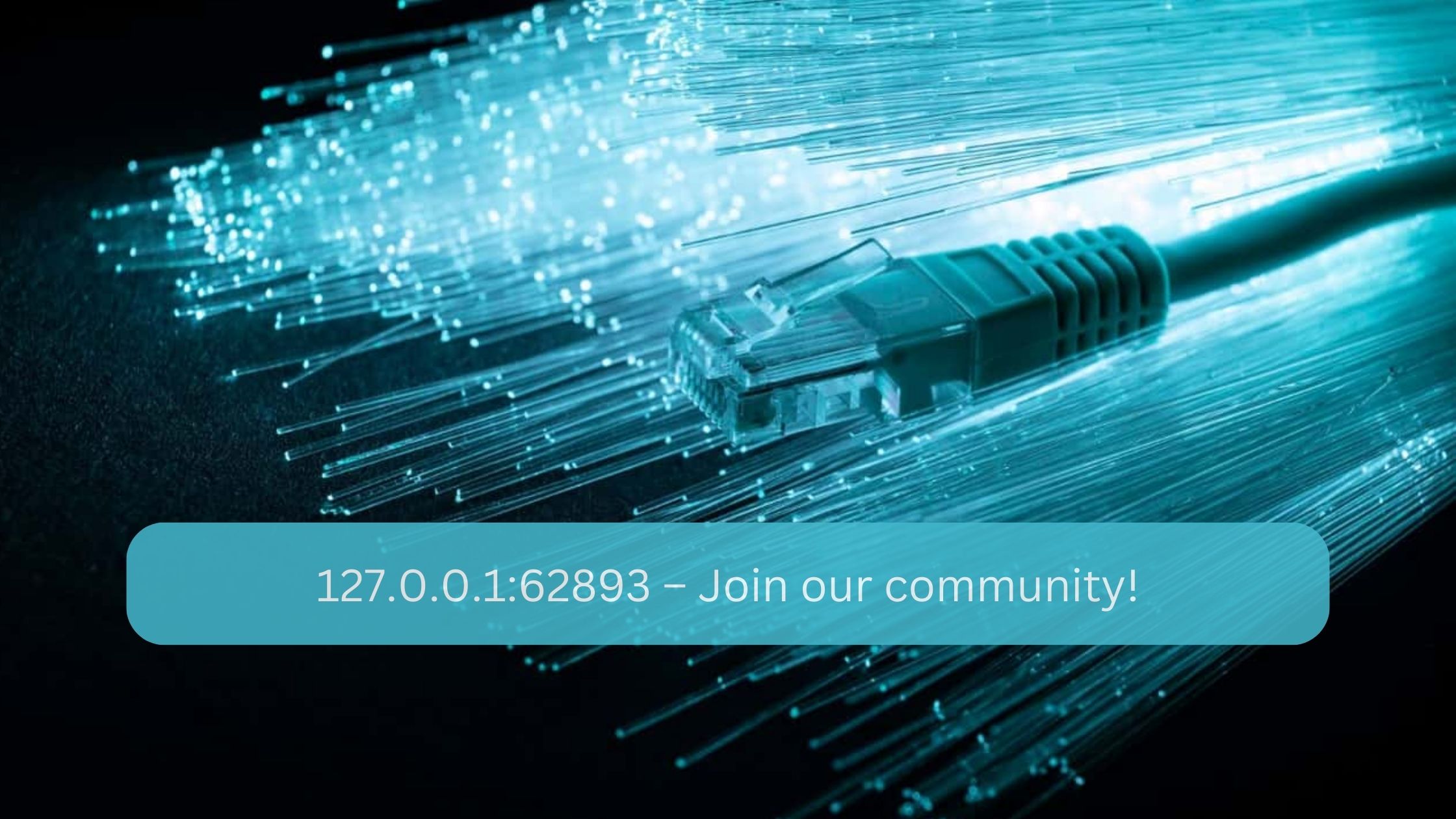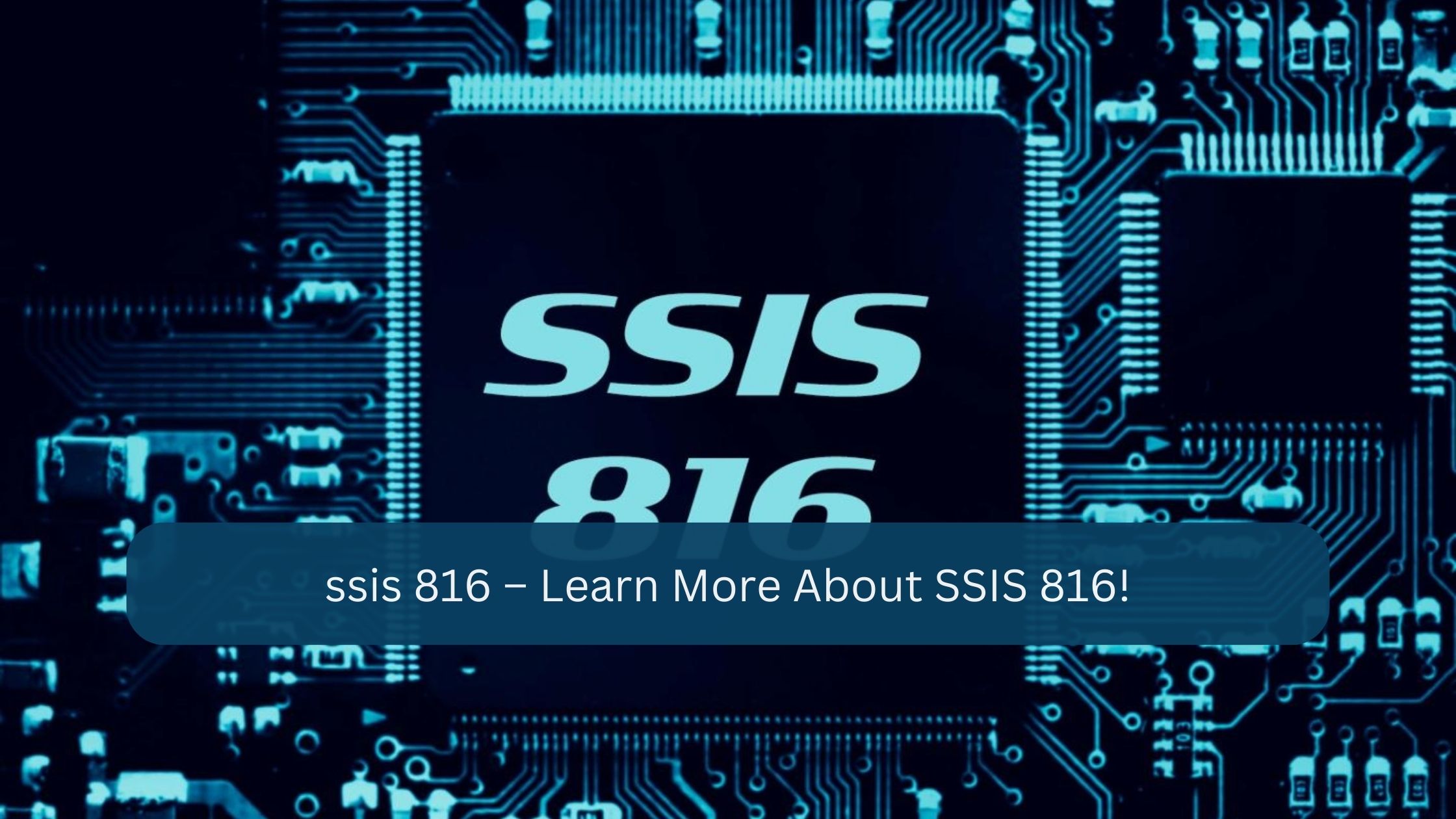I encountered the 127.0.0.1:62893 error while debugging my web app. After realizing my firewall was blocking port, I adjusted the settings, and my app connected flawlessly.
127.0.0.1:62893 is a local address on your computer used for testing and debugging software. It allows you to run programs safely without needing an internet connection.
We’ll cover “127.0.0.1:62893,” a local address used for testing software. This address helps developers ensure their programs work correctly before going live.
What is 127.0.0.1 IP Address 127.0.0.1:62893?
The address “127.0.0.1” is a special IP address known as “localhost.” It refers to your own computer and is used when you want your device to communicate with itself. Think of it as a way for your computer to talk to itself for testing and development purposes.
The number “62893” is a port number, which acts like a door for data to enter and exit. When combined, “127.0.0.1:62893” helps different programs on your computer exchange information efficiently.
For developers, “127.0.0.1:62893” is especially useful. They use this address to test software locally without needing an internet connection. This helps them catch bugs and fix issues in a safe environment before launching the software publicly.
If you ever encounter the error message “Disconnected from the target VM, address: 127.0.0.1:62893,” it means there’s a problem with the connection. You can usually fix this by checking if the program is running correctly, ensuring the port number is correct, and making sure your firewall isn’t blocking the connection.
Also Read: The //Vital-Mag.Net Blog – Join Our Community!
What are the benefits of using the address “127.0.0.1:62893”?

Local Software Testing:
- Enables developers to test software locally without requiring an internet connection.
- Provides a controlled environment for identifying and fixing bugs.
Improved Security:
- Isolates network activities to the local machine, preventing external access.
- Helps monitor and filter messages passing through the router, blocking potential hackers.
Efficient Debugging and Troubleshooting:
- Allows for easy identification of network-related issues.
- Ensures incoming messages are properly queued, even if sent directly via 127.0.0.1:62893.
Enhanced Application Development:
- Provides faster development and response time measurement by using the local host.
- Facilitates testing of new features without risking loss or corruption.
Safe Environment for Experiments:
- Offers a secure space for software development experiments.
- Allows students and developers to test and make mistakes without damaging any programs.
Connectivity and Communication:
- Connects to services running on localhost, with or without a network connection.
- Supports browsers in making host requests to web servers to locate specific websites.
Queue Management:
- Ensures messages are queued as if coming from another server, maintaining proper flow.
Device and Terminal Usage:
- Allows terminals or devices like CPUs to push data to the device using localhost.
- Facilitates browsers in finding website locations using local server IP addresses.
What does “127.0.0.1:62893” represent in network settings?
“127.0.0.1:62893” is a combination of an IP address and a port number. The IP address “127.0.0.1” is known as the localhost, which refers to your own computer.
This address is used to test network applications without needing an internet connection. The port number “62893” is like a specific doorway that applications use to communicate with each other on the same machine.
Using “127.0.0.1:62893” helps developers test and debug software locally. It creates a safe and isolated environment where they can ensure everything works correctly before deploying applications online. This setup also improves security by keeping the testing process internal and not exposed to external threats.
Read More: Gpt66x – Get Instant Access!
What steps can you follow to find your computer’s IP address?
To find your computer’s IP address, you can follow these straightforward steps depending on your operating system. Once open, type “ipconfig” and press Enter. This command will display a list of network adapters, and under the one currently in use, you’ll find your IPv4 Address labeled as such.
In macOS, start by clicking on the Apple menu, then navigate to System Preferences and choose Network. Select your active network connection, whether it’s Wi-Fi or Ethernet, and your IP address will be listed next to the “IP Address” label.
For Linux, open a terminal window and type either “ifconfig” or “ip addr show.” Look for your active network interface—like “eth0” for Ethernet or “wlan0” for Wi-Fi—and check the “inet” or “inet addr” field for your IP address.
Knowing your IP address is essential for various networking tasks, including troubleshooting connection issues and configuring devices on your local network. It serves as a unique identifier for your computer within the network, allowing other devices to communicate with it and enabling you to access network resources such as printers, servers, or shared files seamlessly.
Understanding how to find and use your IP address ensures you can manage your network effectively and resolve any connectivity problems that may arise.
Can my browser send HTTP requests to localhost even without an internet connection?
Yes, your browser can send HTTP requests to localhost without an internet connection. Localhost, represented by the IP address 127.0.0.1, refers to the local machine you are using. When you send a request to localhost, your browser communicates directly with your computer’s local server, bypassing the need for an external network.
This is useful for web development and testing, as it allows you to run and test applications in an isolated environment without relying on an active internet connection.
What are the security implications of making port 62893 accessible to the public?
- Vulnerability Exploitation: If there are security flaws in the application using port 62893 (e.g., Memcached), attackers could exploit these vulnerabilities to gain unauthorized access to your system.
- Denial-of-Service (DoS) Attacks: Publicly accessible ports are susceptible to DoS attacks, where malicious actors flood the port with traffic, potentially causing system overload and downtime.
- Unauthorized Access: Any internet user can attempt to connect to services running on port 62893. Without proper security measures like authentication or firewall rules, this increases the risk of unauthorized access and data breaches.
- Exposure of Sensitive Data: If sensitive information is processed through services on port 62893, exposing it publicly could lead to data leaks or compromise of confidential data.
Why is “127.0.0.1:62893” important for developers?
“127.0.0.1:62893” is crucial for developers because it allows them to test and debug applications locally without needing an internet connection.
The IP address “127.0.0.1” (localhost) refers to their own computer, creating a safe and isolated environment for development. This ensures that any bugs or issues can be identified and resolved before deploying the software online.
The port number “62893” specifies a particular entry point for applications to communicate on the same machine.
This setup helps developers simulate real-world scenarios and interactions between different parts of their application. By using “127.0.0.1:62893,” developers can ensure their software is functioning correctly, secure, and ready for use in a live environment.
Can I block websites using loopback addresses? If so, how?
Yes. Just follow the steps below:
- Open Notepad as administrator. Use the User Account Control Prompt
- Click File, then Open
- Open hosts file
- Type
- 0.1- and the address with slashes and save
- Restart your computer.
FAQs:
How can “127.0.0.1:62893” be used for local software testing?
“127.0.0.1:62893” can be used for local software testing by allowing developers to run and test their applications on their own computer. This helps identify and fix issues before making the software available online.
What common errors are associated with “127.0.0.1:62893”?
Common errors with “127.0.0.1:62893” include connection failures when the service isn’t running and firewall settings blocking the port. These can disrupt local testing and debugging.
How do you troubleshoot connectivity issues with “127.0.0.1:62893”?
To troubleshoot connectivity issues with “127.0.0.1:62893”, ensure the service is running and check your firewall settings to allow the port. This helps in maintaining a smooth connection.
How can you resolve the error message “Disconnected from the target VM, address: 127.0.0.1:62893”?
To resolve the error message “Disconnected from the target VM, address: 127.0.0.1:62893”, make sure the target application is running and check that the correct port is being used.
What role does “127.0.0.1:62893” play in debugging applications?
“127.0.0.1:62893” allows developers to connect their debugging tools to a local server running on their machine. This helps identify and fix issues within the application without affecting live environments.
How do you configure firewall settings for “127.0.0.1:62893”?
To configure firewall settings for “127.0.0.1:62893,” add an exception for this port in your firewall rules. This allows local connections through the specified port without being blocked.
What is the purpose of the IP address “127.0.0.1:62893”?
The IP address “127.0.0.1:62893” is used to connect to services running on your own computer for testing and debugging. It helps developers ensure their applications work correctly without needing an internet connection.
How does the port number “127.0.0.1:62893” differ from other port numbers?
The port number “127.0.0.1:62893” is unique because it’s typically used locally on a computer for specific applications like debugging tools or local servers.
What is the significance of combining “127.0.0.1” and “62893” in network communication?
Combining “127.0.0.1” (localhost) and “62893” (port number) in network communication allows software on a computer to communicate internally without needing an external network.
How does the loopback address “127.0.0.1:62893” facilitate testing and debugging?
The loopback address “127.0.0.1:62893” allows developers to test software on their own computers without needing an internet connection. It’s essential for debugging and ensuring applications work smoothly before going live.
What happens when a device sends data to “127.0.0.1:62893”?
When a device sends data to “127.0.0.1:62893,” it directs the data to the local computer itself. This is useful for testing and debugging applications locally without involving external networks or servers.
How do socket addresses like “127.0.0.1:62893” enable multiple services to share the same IP address?
Socket addresses like “127.0.0.1:62893” enable multiple services to share the same IP address by assigning distinct port numbers to each service. This allows applications on the same machine to communicate independently, facilitating efficient local network operations.
What is the role of port numbers in differentiating between multiple services on a single device?
Port numbers help devices manage different services by assigning each application a unique identifier. This ensures smooth data flow between various programs running simultaneously on a single device, enhancing overall network functionality.
How do network administrators use IP addresses and port numbers to configure and troubleshoot networks?
Network administrators utilize IP addresses to identify devices on a network and port numbers to manage specific services on those devices.
System restore fixed proxy virus 127.0.0.1: 62893 ?
Yes. System Restore can help fix this error by removing recently downloaded files or apps if you suspect they are causing the error. This means your important files are not at risk.
Read More: Humanilex – Explore Our Features Today!
To Sum Up:
In summary, “127.0.0.1:62893” is crucial for developers because it allows them to test and fix software on their own computers before releasing it to users. This setup helps catch and solve problems early, making sure the software works well when it’s used for real.



